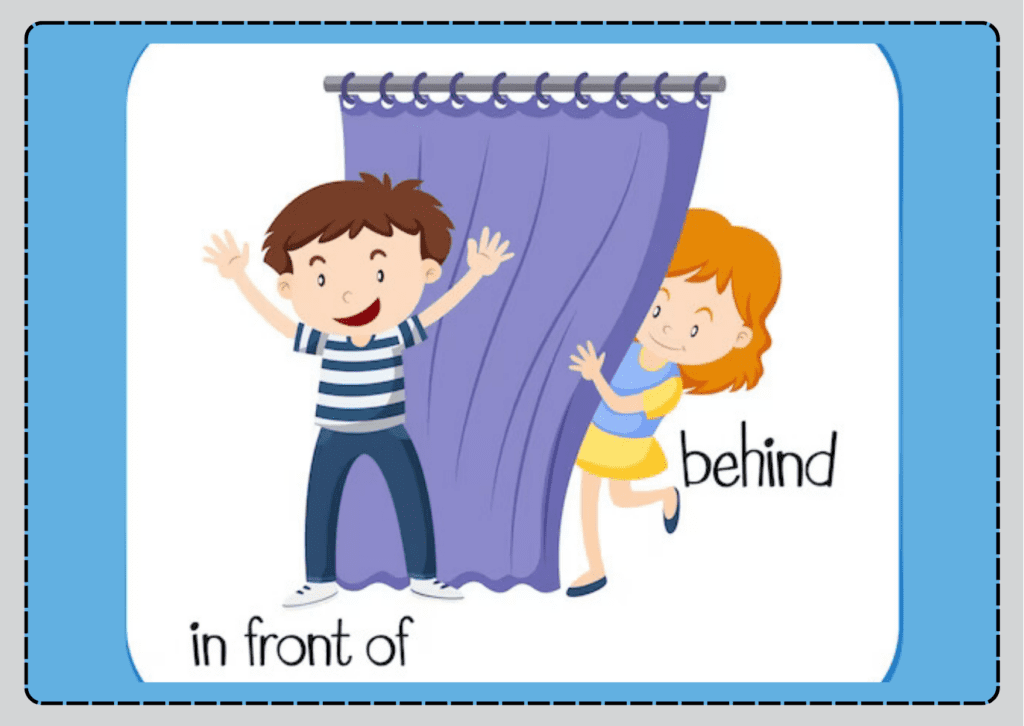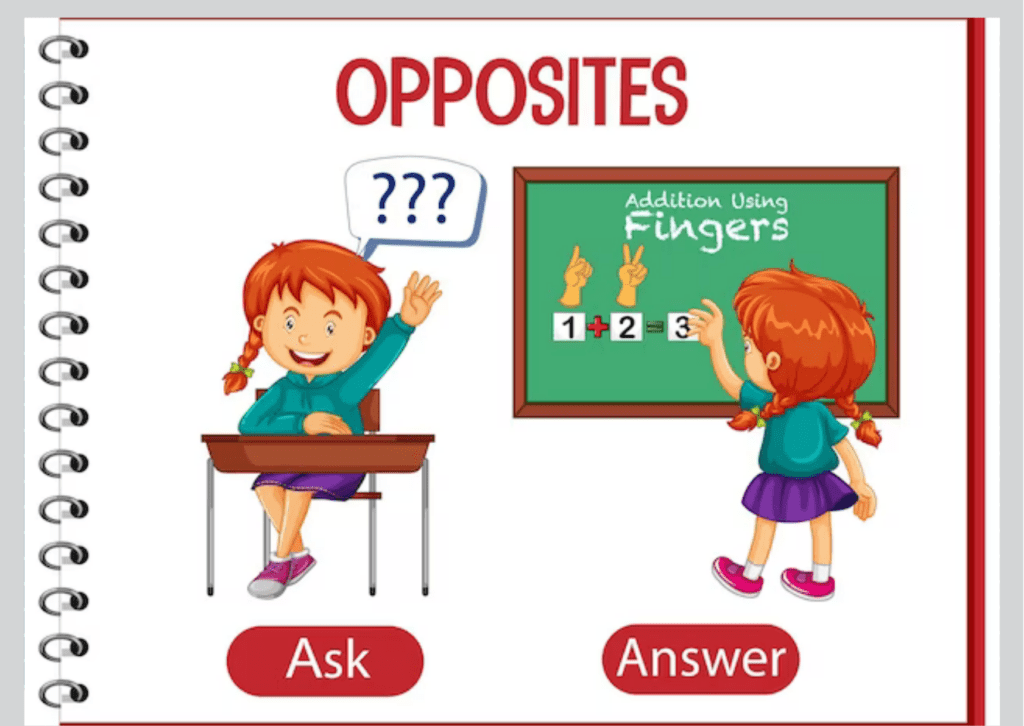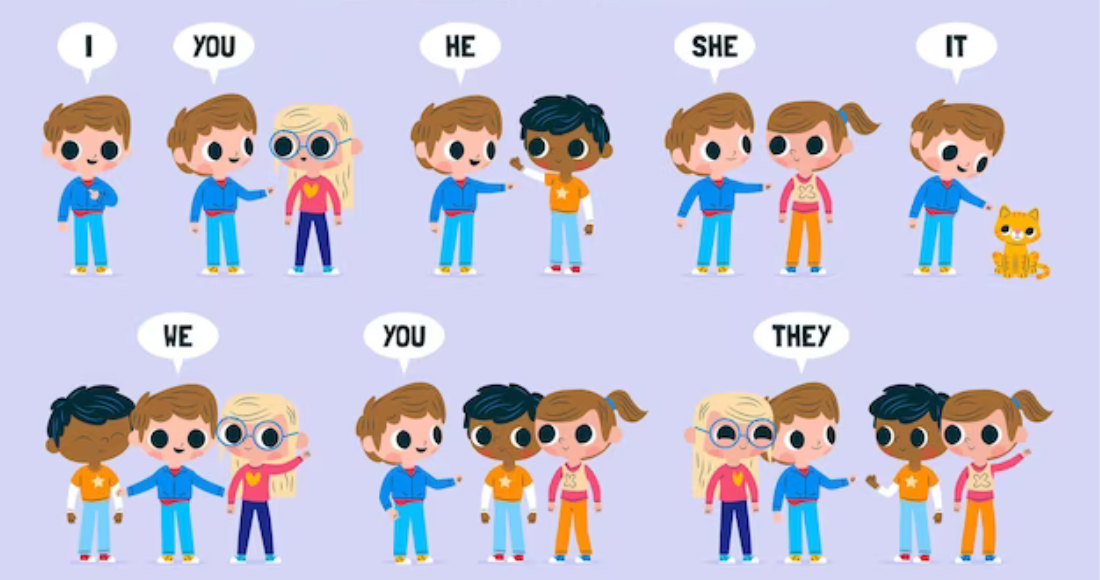Examples of pronouns help to enhance Your Grammar Skills. Pronouns are essential components of language that enable us to communicate effectively by replacing nouns in sentences. They aid in reducing repetition and enhancing the flow of speech and writing. In this comprehensive guide, we present 200 examples of pronouns that cover various types and uses, enriching your understanding of grammar and language usage.
Introduction
Pronouns play a crucial role in language by acting as substitutes for nouns. They allow us to avoid repetition, making our speech and writing more concise and coherent. Let’s delve into the diverse world of pronouns through the following examples.
Personal Pronouns
Personal pronouns replace specific nouns and indicate the roles of individuals in a sentence. They include subjective, objective, and possessive forms.
| Subjective | Objective | Possessive Adjective | Possessive Pronoun |
|---|---|---|---|
| I | me | my | mine |
| you | you | your | yours |
| he | him | his | his |
| she | her | her | hers |
| it | it | its | its |
| we | us | our | ours |
| they | them | their | theirs |
Possessive Pronouns
Possessive pronouns demonstrate ownership or belonging. They stand alone, without being followed by nouns.
| Possessive Pronouns | Examples |
|---|---|
| mine | The blue car is mine. |
| yours | Is this pen yours? |
| his | The book is his. |
| hers | The bag is hers. |
| its | The cat licked its paws. |
| ours | The garden is ours to enjoy. |
| theirs | The house is theirs. |

Reflexive Pronouns
Reflexive pronouns refer back to the subject of the sentence and emphasize that the action affects the subject itself.
| Reflexive Pronouns | Examples |
|---|---|
| myself | I made the dress myself. |
| yourself | Did you bake this cake yourself? |
| himself | He fixed the bike himself. |
| herself | She painted the room herself. |
| itself | The computer restarted itself. |
| ourselves | We decorated the room ourselves. |
| yourselves | Please help yourselves to food. |
| themselves | They built the treehouse themselves. |
Relative Pronouns
Relative pronouns introduce relative clauses and connect them to the main clause.
| Relative Pronouns | Examples |
|---|---|
| who | The person who called left a message. |
| whom | This is the girl whom I met yesterday. |
| whose | The author whose book became famous is here. |
| which | The car, which is blue, belongs to John. |
| that | The movie that we watched was thrilling. |
| whose | This is the house whose roof needs repairs. |
| where | I remember the place where we first met. |
| when | The day when I graduated was unforgettable. |
Demonstrative Pronouns
Demonstrative pronouns point to specific things and distinguish them from others.
| Demonstrative Pronouns | Examples |
|---|---|
| this | I want this one. |
| that | Look at that painting. |
| these | These are my new shoes. |
| those | Can I borrow those books? |
Interrogative Pronouns
Interrogative pronouns introduce questions and help gather information.
| Interrogative Pronouns | Examples |
|---|---|
| who | Who is coming to the party? |
| whom | Whom did you invite? |
| whose | Whose phone is this? |
| which | Which color do you prefer? |
| what | What are you doing? |

Indefinite Pronouns
Indefinite pronouns refer to nonspecific people or things.
| Indefinite Pronouns | Examples |
|---|---|
| all | All are welcome to join. |
| each | Each has its own charm. |
| everyone | Everyone enjoyed the concert. |
| nobody | Nobody knows the answer. |
| some | Can I have some of that cake? |
| several | Several came to the meeting. |
| any | Do you have any suggestions? |
| none | None of the food is left. |
Reciprocal Pronouns
Reciprocal pronouns indicate actions that individuals do to each other.
| Reciprocal Pronouns | Examples |
|---|---|
| each other | They gave gifts to each other. |
| one another | We should respect one another. |
Conclusion
Pronouns are indispensable linguistic tools that streamline communication and enhance language flow. With these 200 examples, you now have a robust understanding of various types of pronouns and their applications. Incorporating these pronouns into your writing and speech will undoubtedly elevate your grammar skills, making your communication more efficient and engaging.

